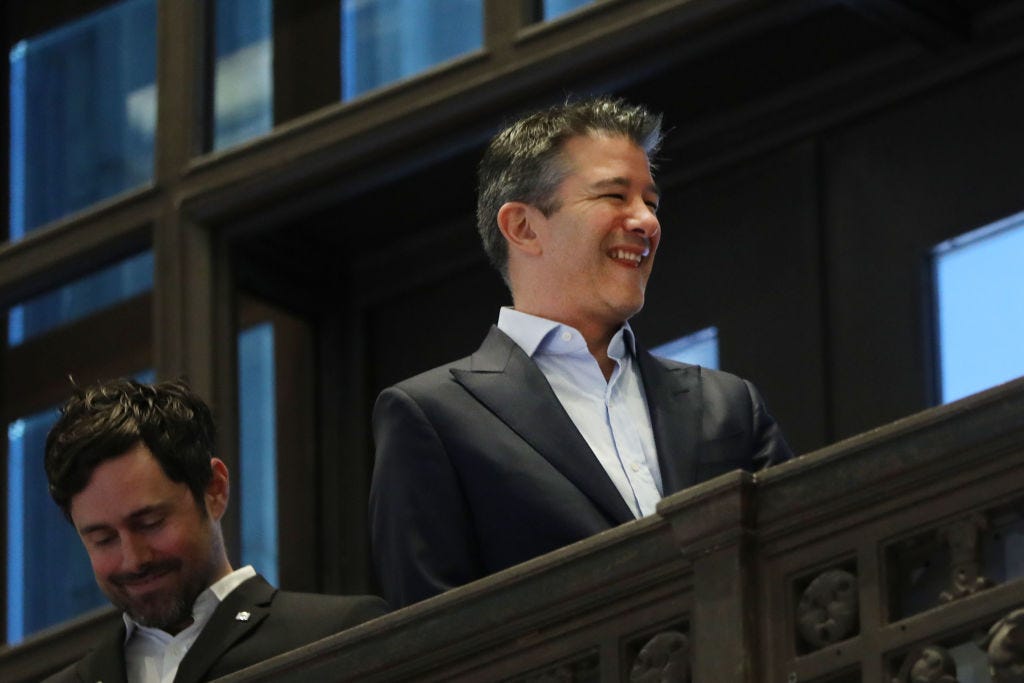Competing priorities
Will Travis Kalanick's new venture do to restaurants what Uber did to taxis?
In the days following Travis Kalanick’s appearance at a restaurant technology conference in Las Vegas last week, my LinkedIn feed filled with photos of the recognizable founder, ironically donning an Uber-branded conference lanyard, smiling as he stood next to attendees.
Kalanick founded Uber 15 years ago, but was at the event to hype City Storage Systems, his nearly decade-old food delivery play. City Storage Systems is the parent company of a collection of delivery industry hopefuls: CloudKitchens, a network of hundreds of physical ghost kitchens; Otter, the order management software used by food businesses operating from those facilities (and others); and Lab37, robots that prep food, a business led by the former head of self-driving cars at Uber.
Together, the ventures represent bold vision for the future from a famous founder with a reported net worth of $3.6 billion. But does success building Uber, easily one of the biggest disruptors in recent history, portend Kalanick’s success in reinventing food delivery, again?
In more Uber-related irony, for City Storage Systems to realize its epic vision for the future, Kalanick’s former business needs to stumble. Or, at the very least, we all need to start thinking differently about food delivery.
Last week, Uber posted a surprise loss for the first quarter of the year.
The company lost over $600 million, attributable to legal settlements and equity investments — “nothing to do with operating the business,” per CEO Dara Khosrowshahi on CNBC. It was expected to post a profit approaching $500 million, and after announcing results, lost $12 billion in value.
That’s the bad news. The good news came in a pair of announcements bookending the earnings call.



